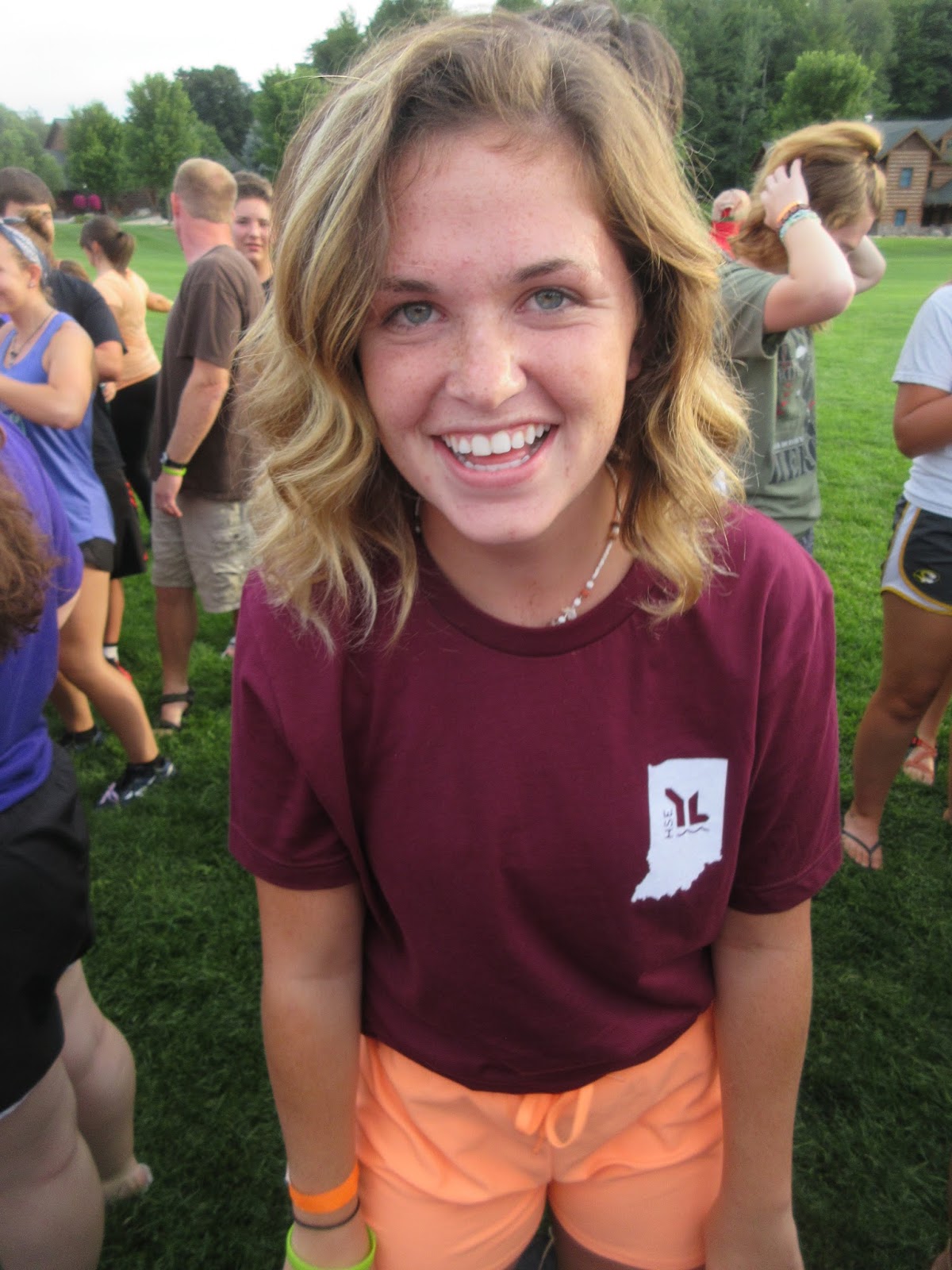

In that case, your best bet may be to keep him in training pants (like Pull-Ups) or an overnight diaper at night until he’s able to stay dry for a week or so, before giving it another try overnight.

Even if your child has been waking up dry for weeks, he may suddenly start wetting the bed. Instead, simply explain that every child has accidents sometimes, and that he can try again next time.Īs for bedwetting, keep in mind that many toddlers aren’t able to stay dry overnight - sometimes not until they’re 6 or 7 years old or older. Trusted Source American Academy of Pediatrics Create a Potty Training Plan for Your Child See All Sources Doing so can cause even more stress, which may only prolong the regression. In the meantime, try not to pressure your child or shame him when he has an accident. Potty Training Resistance: Why Is Your Toddler Refusing to Potty Train? It might take a couple of weeks for your child to adjust to his new normal, but the good news is, once he does, he should return to using the potty again. A new sibling, a big move, a switch to day care or preschool - all of these things can cause stress in a child’s life, prompting him to have accidents. Major life changes, too, can cause potty training regression.

For example, toddlers may need to pee frequently if they’re constipated (a bulkier stool in the colon can put pressure on the bladder) or have a urinary tract infection (UTI). It’s not uncommon for children who’ve been staying dry for weeks (or even months) at a time to suddenly regress to their diaper-wearing days.įirst, you’ll want to rule out any potential medical issues that might be causing the problem. Your toddler is suddenly having many accidents Here are some of the most common potty training problems and setbacks Trusted Source American Academy of Pediatrics Emotional Issues and Potty Training Problems See All Sources, and what to do about them. Developmentally, a lot has to happen before all systems are go - toddlers have to master not just bladder control, but be able to undress themselves and make it to the potty on time.Īnd even if your toddler can tackle all these tasks, he’s still guaranteed to have a few accidents along the way. Like most milestones, children develop potty training readiness at their own pace, usually between the ages of 2 and 3½.


 0 kommentar(er)
0 kommentar(er)
